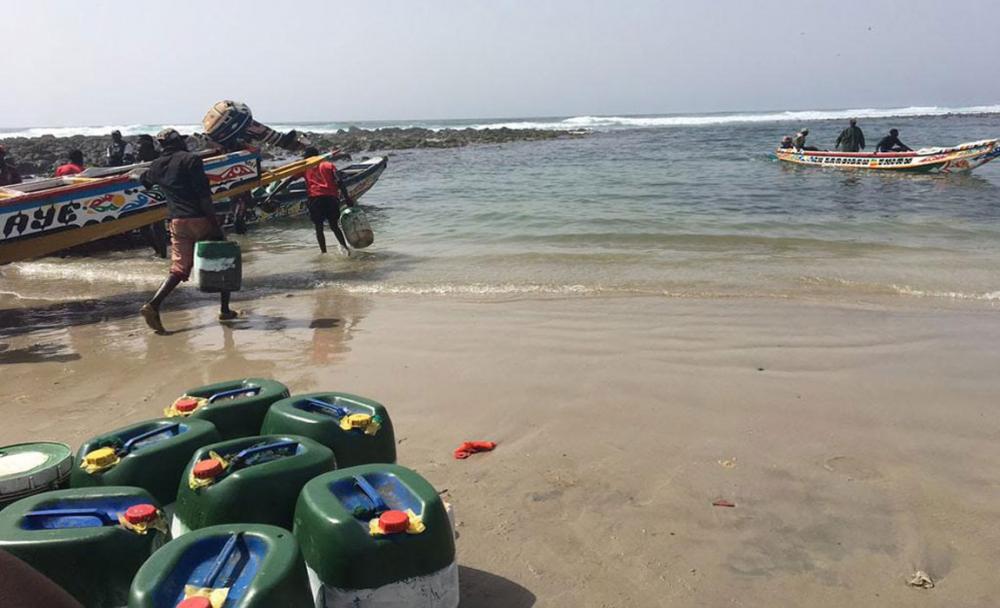Just Earth News 29 Mar 2017, 09:12 am Print

UN
“I learned a lot on Tuesday about how ocean issues like acidification, rising temperatures, overfishing and marine pollution affect the daily lives of fishermen,” said Assembly President Peter Thomson.
Thomson is currently in Senegal as part of his visit to several African countries to build momentum towards the implementation of the 2030 Agenda and its Sustainable Development Goals (SDGs), one of which specifically deals with the conservation and sustainable use of the oceans, seas and marine resources.
“Understanding and acting upon the perspectives and expectations of artisanal fishers is an important component of Sustainable Development Goal 14 (SDG 14) that will be covered in The Ocean Conference this June,” added the UN official.
Being held from 5 to 9 June at the UN Headquarters, in New York, the Conference aims to reverse the decline in the health of oceans for the benefit of the people and the planet.
Involving all relevant stakeholders, including Governments, intergovernmental organizations, financial institutions, non-governmental and civil society organizations as well as the academia and scientific communities, the Conference will also contribute to the follow-up and review process of the 2030 Agenda and provide input to the high-level political forum on sustainable development.
Also, while in Senegal, the Assembly President met with the country’s Minister of Fisheries and Maritime Economy and discussed the country’s response to challenges facing oceans such as overfishing, marine pollution, acidification and ocean warming.
- Ali Khamenei (1939–2026): Iran’s Supreme Leader who ruled with an iron grip
- Trump signs 10% global tariff, says it takes effect ‘almost immediately’
- BJP wins a seat in Bangladesh — But not the one you think!
- Meet Shabana Mahmood: Could she take over as UK’s first Pakistani-origin Muslim PM?
- Dalai Lama's Office breaks silence on Epstein claims





-1763561110.jpg)
